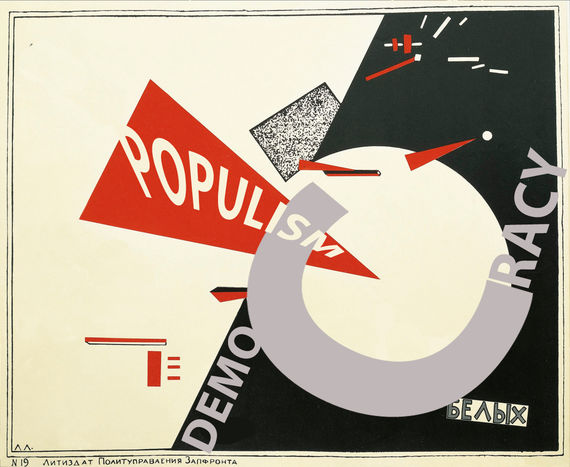We often see how the members of the current administration present the Velvet Revolution as one of the biggest achievements in contemporary Armenian history. Defining the movement in bright colors has been part of their political struggle for legitimacy. However, the continuous efforts to justify the resistance has not allowed Pashinyan and his team to reflect on its properties appropriately, especially when it comes to its populist nature.
Calling something populist is perceived to be a negative ascription; therefore, political entities in Armenia try not to be associated with it. In our discursive space, it is considered an insult, which the former authorities have often used to blame the My Step Alliance. Accordingly, it seems that calling the Velvet Revolution populist means questioning its legitimacy.

Such an understanding is misleading and problematic. Populism is inherent to any political struggle like the one in Armenia. A populist movement brings the demands of many people together under generic causes, which are then confronted with an antagonistic other. It is done through an equivalential chain that divides the discursive space into binaries; hence, the “black and white” categorizations.[1] As mentioned in my previous article, when people go out to protest, they have different ideas on what needs to be changed and how. Very often their demands can be quite contradictory (i.e., low taxes and better social benefits). To bring them together for a struggle, one needs to use inclusive terms such as “justice” and “freedom” together with an image of a common enemy. This is what a populist political process represents.
It is noteworthy that there is nothing illegitimate about this dynamic in an abstract sense. More context is needed to make a normative judgment. It is merely how a political struggle becomes possible. Nobody expects people to come up with detailed blueprints, crosscheck with thousands of their peers, come to an agreement on a final version, and then start advocating for their implementation. If this is the acceptable standard, then all previous resistance movements become questionable. Instead, people are united with the help of populist narratives, which create an impression of homogeneity.
The government must realize that the mobilized support created by a populist wave does not necessarily mean that citizens will stand by their policies with the same vigor.
Secondly, if the existing discursive environment does not change, the failures of the My Step Alliance will be considered as the failure of democracy in general. The current government has made multiple statements that their rule is the people’s rule. It has led to building a partisan identity around being democratic. Democracy has become their answer to many questions ranging from foreign policy to welfare.
Democracy is a pre-existing bedrock condition, not an agenda for a particular government.
This is troublesome, as being democratic should not be a party ideology. Democracy is a pre-existing bedrock condition, not an agenda for a particular government. It again goes back to the failure of keeping a healthy distance between the government and the people. The discourse that Pashinyan and his team have established the people’s rule in this country is part of the revolutionary inertia. The Velvet Revolution is directly associated with this government, where the latter’s performance is a significant indicator for judging whether the resistance was a good idea after all.
In this situation, Pashinyan and his team should revise their partisan identity. What else do they bring to the table other than being democratic? The answer to this question should become the landmark for judging their performance. The Revolution belongs to the people, not the current government. Such an understanding should be embedded in our discourse; otherwise, democracy will remain vulnerable.

